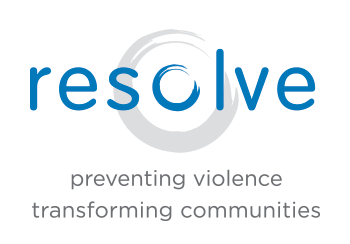(This article was written by Meg Stone, the director of IMPACT Boston, and originally appeared here.)
Usually, after a trend of violence committed by strangers, media outlets respond by offering women advice about how to stay safe. The tips are sometimes consistent with good research on which resistance strategies are most effective. Other times, though, safety advice consists of laundry lists of ways women should limit their lives (don’t wear headphones, don’t reach into your purse, keep your hands free at all times, etc.).
I am heartened when I see people addressing their feelings of fear by seeking out information and learning more about what they can do to protect themselves. At the same time, the safety advice most people are giving and getting is only relevant to a minority of assaults: those perpetrated by strangers.
According to the Centers for Disease Control, only about 13 percent of sexual assaults in the United States are committed by strangers. Perpetrators are much more likely to be dating partners, family members, and acquaintances.
So why do the news media, law enforcement officials and, yes, self-defense experts place almost all of their focus on helping women protect themselves from relatively uncommon acts of violence?
It’s because the steps we need to take to prevent rapes perpetrated by people we know are far more difficult. Looking for taxi medallions to ensure that drivers are properly licensed, or crossing the street when we suspect that someone is following us doesn’t disrupt our core beliefs about the people and places that are supposed to be safe.
We are conditioned to feel afraid in dark parking lots, but when we go on first dates, we want to flirt and connect. What if a new person we’re excited about dating ignores us when we say we’re not comfortable with physical affection in public? What if this person tells us we should lighten up and stop being such a prude? It’s painful to wonder whether those actions are warning signs that the person will disrespect other intimate boundaries.
When the concern about safety arises in our own families, the situation can be even harder. What if a beloved grandfather or uncle is touching a child or teenager in a sexually suggestive way? Keeping an act of abuse from escalating may require several family members getting involved. That means they have to be courageous enough to admit there’s a problem and trust and respect each other enough to address it together.
This can be painful. Sometimes too painful.
So instead, we focus most of our energy elsewhere. We become more vigilant about parking lots and taxi cabs. And as long as this heightened awareness doesn’t perpetuate racial stereotypes or cause us to limit our lives unnecessarily, it’s ultimately good. But I hope that this recent wake-up call doesn’t stop with strangers.
If reading the news has prompted us to have more conversations about sexual assault at our dinner tables and in our human resources departments, I hope we will also think about the thousands of acts of sexual violence that never make the news and what we can do about them.
– Meg Stone
Executive Director of IMPACT Boston
